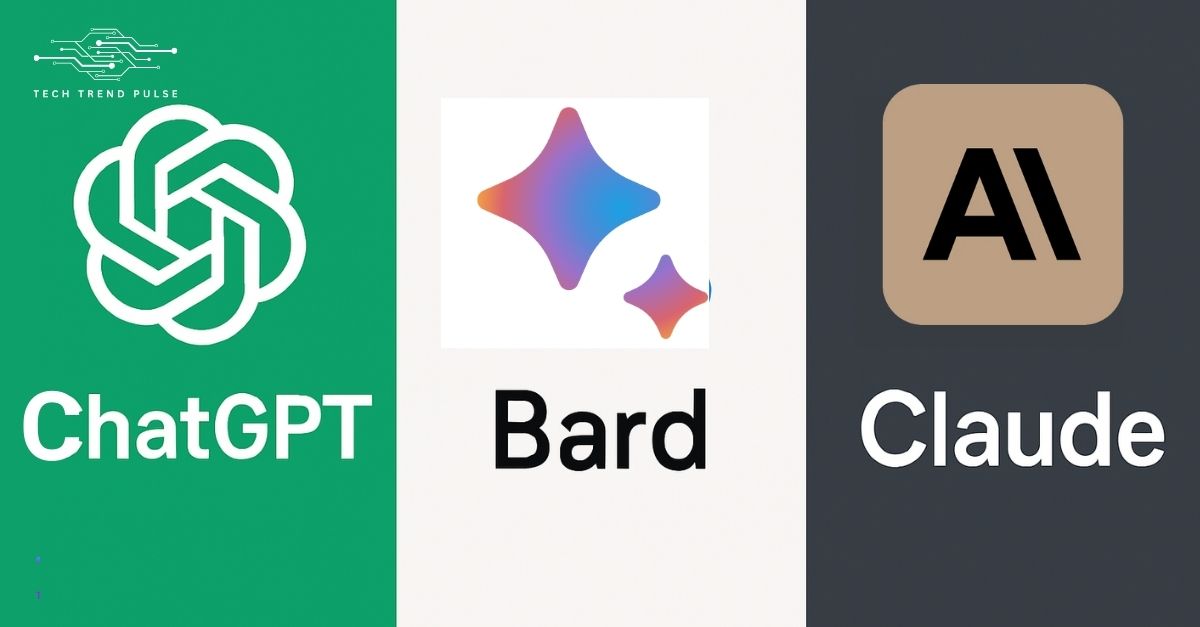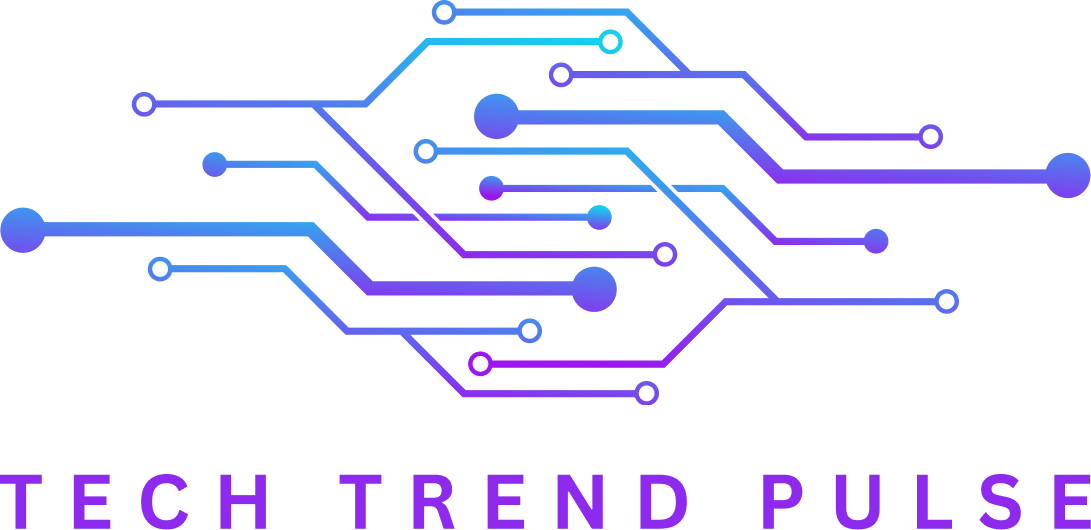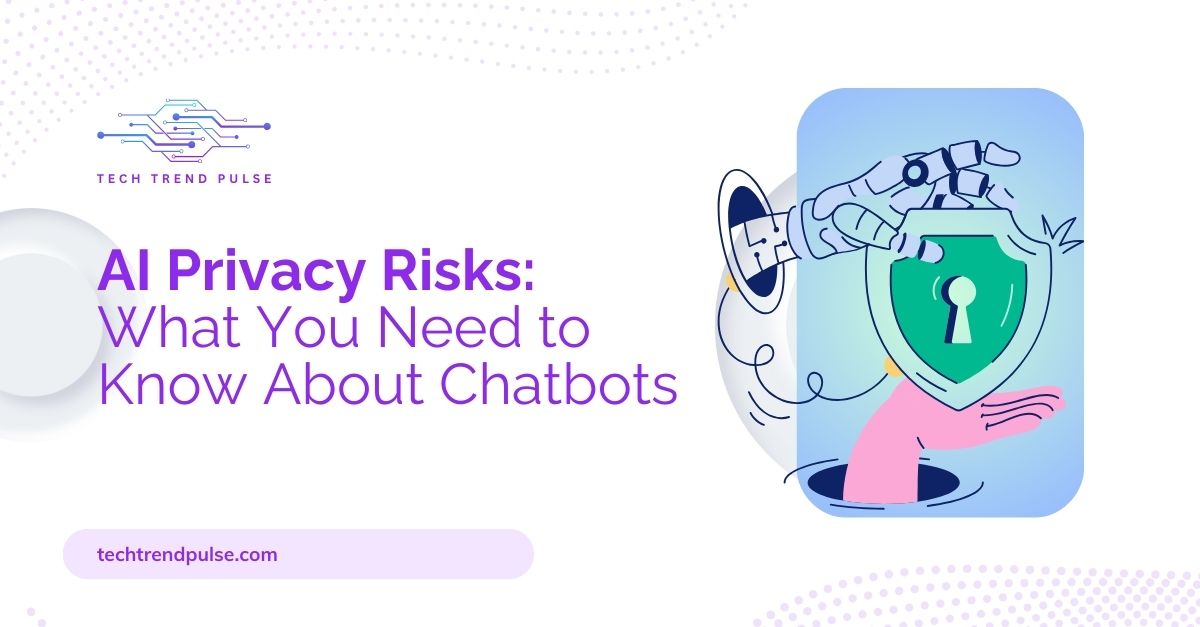Many of us use AI chatbots like ChatGPT, Google Bard, and Claude every day. Whether you’re a digital marketer, student, or tech enthusiast, you might have felt a pang of concern: Is your personal data safe when chatting with these AI tools?
Imagine your digital footprints being as visible as footprints in the sand—easy to trace and sometimes misused. This article is here to help.
We understand your concerns, and we’re here to explain how these systems collect, process, and store data while offering practical tips on how to protect data from AI chatbots.
From understanding privacy settings to using secure browsing techniques, we’ll equip you with the knowledge to safeguard your personal information. Let’s explore the world of AI chatbots privacy in plain language so you feel confident and informed every time you interact online.
Understanding AI Chatbots: An Introduction to Privacy Concerns
AI chatbots have become an integral part of our daily digital interactions. Tools like ChatGPT, Bard, and Claude offer efficient, human-like conversations that help us solve problems, answer questions, and even spark creativity.
However, as you engage with these systems, it’s natural to wonder about the safety of your data. Are these tools secretly storing your data? Do they use it in ways you might not expect?
Many users feel as though they’re navigating a maze when it comes to understanding digital privacy. Think of your online data like precious cargo—you wouldn’t want it mishandled or lost.
This article is designed with you in mind. It addresses your concerns and guides you through the technical and practical aspects of AI privacy. We’ll break down complex ideas into simple terms, ensuring you know exactly what’s happening behind the scenes when you use these AI tools.
How AI Chatbots Collect, Store, and Use Data
AI chatbots are designed to interact, learn, and provide better responses over time. To achieve this, they must process a variety of data from each interaction.
Data Collection Process
Every time you chat with an AI, your inputs—be it a simple greeting or a detailed query—are logged. This data includes:
- Messages and Conversations: The exact text you type, which helps the system understand context and intent.
- Location and Device Information: Often collected to tailor responses or improve service quality.
- User Behavior Patterns: How you interact with the chatbot, including frequency, session duration, and click patterns.
By collecting this information, AI tools aim to refine their models and offer more personalized experiences. However, the data collection process naturally raises questions about AI chatbots privacy and the extent of data tracking.
Data Processing: Anonymized vs. Personal Information
Once data is collected, it undergoes processing. Most reputable platforms claim to anonymize the data—stripping away personal identifiers to ensure that the information cannot be traced back to you.
Despite these assurances, there is a thin line between anonymized data and data that remains personal. The reality is that some systems might inadvertently store information that can be linked back to an individual, which is a key concern for privacy-conscious users.
Types of Data Typically Collected
AI systems gather a range of data, including:
- Textual Data: What you type into the chat.
- Metadata: Information such as time stamps, device types, and browser information.
- Behavioral Data: Patterns in your interactions, which can be used for predictive analytics.
Data Storage Practices in Major Models
Different AI platforms have their own methods for storing data:
- ChatGPT: Operated by OpenAI, it often retains conversation data to improve future responses. This is outlined in the ChatGPT privacy policy.
- Google Bard: Known for its advanced search integration, Bard might use your data to enhance service accuracy, leading to discussions on Bard data usage.
- Claude AI: With a focus on creative responses, Claude emphasizes minimal data retention, though concerns about Claude AI data storage remain among its users.
These practices highlight the balance between enhancing user experience and maintaining user privacy. For many, this balancing act fuels ongoing debates about AI privacy risks.

Data Collection Process Explained
Understanding how data is collected is crucial for anyone concerned about privacy. Every interaction you have with an AI chatbot leaves behind a trail of data—much like a digital fingerprint.
What Happens When You Type a Message?
When you enter your query, the chatbot’s backend system processes your text, matches it with its training data, and generates a response. In doing so, the system logs:
- User Input: The literal text you provide.
- Interaction Context: Information about your previous messages, which helps maintain conversation continuity.
- Response Data: The output generated by the system, often stored for quality assurance.
Why Data Collection Is Necessary
Data collection isn’t inherently negative. For AI tools to improve and provide accurate responses, they need to learn from a diverse set of interactions. However, this necessity brings privacy concerns to the forefront. Users must trust that their data is handled with the utmost care, and transparency in this process is key.
Balancing Improvement with Privacy
Imagine your data as ingredients in a recipe. Without these ingredients, the final dish (the chatbot’s response) would lack flavor and depth.
Yet, just as you wouldn’t want someone peeking into your secret recipe, you don’t want your personal details exposed. This delicate balance is at the heart of the AI chatbots privacy debate.
Understanding Data Processing & Storage
After data is collected, it’s processed and stored, and the details of these steps are critical for understanding the overall privacy landscape.
Anonymization: Protecting Your Identity
Many platforms claim that they anonymize data to protect user identities. Anonymization involves removing or altering personal identifiers, making it challenging to connect the data back to you. However, the process isn’t foolproof. Sometimes, a combination of data points might inadvertently reveal your identity.
Data Retention Practices
Retention policies vary between companies:
- OpenAI’s ChatGPT: Retains data for a period to refine the AI model. Their ChatGPT privacy policy explains how long data is stored and for what purposes.
- Google’s Bard: Uses data retention to improve search relevance and response quality, leading to debates over Bard data usage.
- Claude AI: Prioritizes data minimization, yet some data may still be stored temporarily to ensure a seamless user experience.
Storage Security Measures
Robust security measures are in place to protect stored data. Encryption, secure servers, and regular audits are standard practices. Yet, even the best systems can be vulnerable to breaches, making it essential for users to stay informed about how their data is being safeguarded.
Transparency and Control
Transparency in data storage is a recurring theme in discussions about AI privacy risks. Users want to know:
- How long is their data stored?
- Who has access to it?
- Can they request deletion of their data?
The answers to these questions vary by platform, and understanding them is a crucial step in knowing how to protect your data from AI chatbots.

Privacy Policies of Major AI Platforms
Privacy policies are the blueprints that detail how companies handle your data. Let’s delve into the privacy practices of three major AI platforms: ChatGPT, Bard, and Claude.
ChatGPT Privacy Policy
OpenAI’s ChatGPT maintains a comprehensive privacy policy that outlines:
- Data Retention: Conversations may be stored for research and improvement purposes.
- Data Sharing: Limited to trusted partners under strict confidentiality.
- User Rights: Options for users to request data deletion and review usage practices.
The transparency provided in the ChatGPT privacy policy helps users understand the extent of data collection and usage. However, there are still concerns regarding the balance between data utility and privacy.
Bard Data Usage Practices
Google Bard, integrated with extensive search capabilities, focuses on:
- Data Collection for Personalization: Bard collects data to tailor responses and enhance user experience.
- Retention and Analysis: Data is analyzed to improve overall performance, though this can sometimes lead to concerns over excessive tracking.
- User Control: Google provides options to manage privacy settings, but the complexity of these settings can be daunting for everyday users.
The discussions around Bard data usage highlight a crucial issue—while personalization can enhance service, it may also compromise privacy if not managed carefully.
Claude AI Data Storage Policies
Claude AI, known for its creative and interactive responses, aims for minimal data retention:
- Temporary Storage: Data is often stored temporarily to facilitate real-time interaction.
- Privacy-First Approach: Claude emphasizes privacy, with clear guidelines on data usage and limited sharing.
- User Empowerment: Users are encouraged to review their data practices and exercise control over what is stored.
Comparing these policies reveals a spectrum of practices. While ChatGPT may retain more data to boost performance, Claude AI leans toward data minimization. Understanding these differences is key for anyone looking to ensure AI chatbots privacy.
Risks of AI-Generated Scams, Phishing, and Tracking
As with any technology, there are risks involved. AI-powered systems can be misused, leading to scams, phishing attempts, and intrusive tracking.
Phishing and Scam Threats
Imagine a scammer disguising themselves as your trusted friend online. Similarly, AI-generated phishing emails or messages can appear highly convincing, making it easier for malicious actors to steal personal data.
These scams often exploit current events or emotional triggers to lure victims. The risk of falling prey to such tactics is one of the most concerning aspects of AI privacy risks.
AI-Powered Tracking and Surveillance
Beyond scams, there is a more insidious danger: AI-powered tracking. Some platforms may use aggregated data to build detailed profiles of user behavior. These profiles can be exploited by advertisers, hackers, or even government agencies for surveillance purposes.
Although encryption and secure protocols are often in place, no system is entirely immune to breaches. The potential for this level of tracking underscores why it is critical to stay informed and cautious.
Ethical Implications and Real-World Examples
Consider the analogy of a double-edged sword—while AI chatbots enhance convenience and productivity, they also pose ethical dilemmas.
Real-world incidents have shown that even advanced systems can be manipulated to spread misinformation or facilitate targeted phishing scams.
Experts in cybersecurity consistently warn that the blend of human-like AI and vast data collection creates fertile ground for exploitation.
Expert Opinions on the Issue
Many cybersecurity professionals stress that the primary defense against these threats is awareness. Regularly reviewing privacy policies, employing secure communication methods, and staying updated with industry news are vital steps.
How Users Can Protect Their Data When Using AI Tools
Protecting your data in the digital age is similar to locking your front door at night—simple yet essential. Here are actionable tips to help you safeguard your information when interacting with AI chatbots.
Practical Tips for Enhancing Privacy:
- Avoid Sharing Sensitive Information: Refrain from inputting personal details like your home address, social security number, or financial information.
- Review Privacy Settings Regularly: Platforms often update their policies and settings. Regularly check and adjust your settings to ensure maximum protection.
- Use Strong, Unique Passwords: For accounts linked to these AI services, employ secure passwords and consider using password managers.
Utilizing Security Tools
Invest in best privacy tools for online security such as:
- VPNs (Virtual Private Networks): These help mask your online activity, adding an extra layer of security.
- Encryption Software: Use encryption to protect data in transit and storage.
- Multi-Factor Authentication (MFA): Adding MFA significantly reduces the risk of unauthorized access.
Staying Informed and Proactive
The digital landscape changes rapidly. Understanding how AI is shaping the future of work also means staying updated on data privacy practices. Follow reputable sources, attend webinars, and participate in online communities focused on Understanding Data Privacy Laws in 2023.
Exploring Alternative AI Tools
If you’re uncomfortable with the data practices of mainstream AI platforms, consider alternatives that emphasize privacy. Some emerging tools are designed with a privacy-first approach, offering more transparent data-handling practices. Research these options and read user reviews to find solutions that align with your privacy values.
Building a Privacy-Centric Digital Routine
Think of protecting your data as a daily habit—like brushing your teeth. Regularly updating your software, avoiding suspicious links, and using secure networks are all part of a healthy digital hygiene routine.
By integrating these practices, you can significantly reduce the risks posed by data breaches and unauthorized tracking.

Government Regulations and AI Privacy Laws
Governments around the globe are stepping in to regulate the use of personal data, ensuring that companies follow strict guidelines on data collection and privacy.
Key Regulations:
- GDPR (General Data Protection Regulation): This European regulation sets a high standard for data protection, requiring clear user consent for data collection and processing.
- CCPA (California Consumer Privacy Act): In the United States, the CCPA offers consumers greater control over their personal data, including the right to know what data is being collected and the option to opt-out.
- The AI Act (EU): This emerging regulation aims to address AI-specific challenges, ensuring that AI systems operate transparently and ethically.
Legal Obligations for AI Providers
Companies operating AI platforms must adhere to these regulations. This means they are legally required to:
- Clearly disclose their data collection and storage practices.
- Provide options for users to control and delete their data.
- Implement robust security measures to protect data from breaches.
Impact on AI Privacy Risks
With regulations in place, the risk of data misuse is reduced. However, it’s important to note that legal frameworks are continuously evolving.
As AI technology advances, so too will the laws governing data privacy. This dynamic environment emphasizes the need for users to remain vigilant and informed about updates in Data Privacy Laws.
Looking to the Future
The push for stricter regulations is a positive sign for those concerned with AI chatbots privacy. As governments work to catch up with technological advancements, we can expect more stringent measures to ensure our data is handled ethically and securely.
Keeping abreast of these changes is crucial for anyone looking to protect their digital identity.
Final Thoughts
Understanding how AI chatbots handle your data is essential in today’s digital era. We’ve explored the data collection processes, compared the privacy policies of major platforms like ChatGPT, Bard, and Claude, and delved into the risks of phishing and AI-powered tracking.
While AI brings numerous benefits, staying informed and proactive about your privacy is crucial. Take a moment to review your privacy settings, use trusted security tools, and stay updated on evolving privacy laws.
Remember, protecting your digital identity is an ongoing process—one that involves vigilance, education, and smart choices. By taking these steps, you can confidently enjoy the advantages of AI while keeping your data safe.





